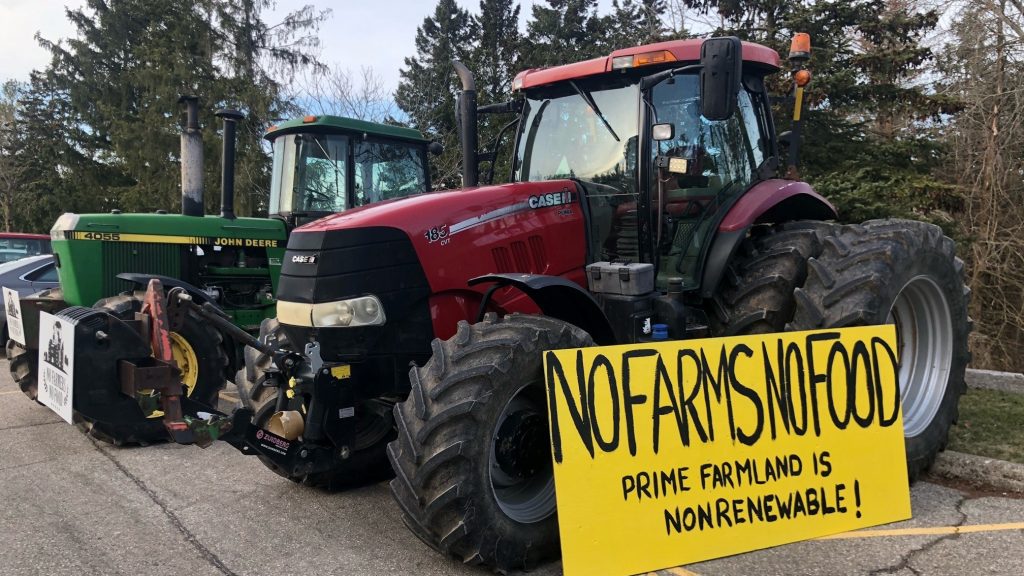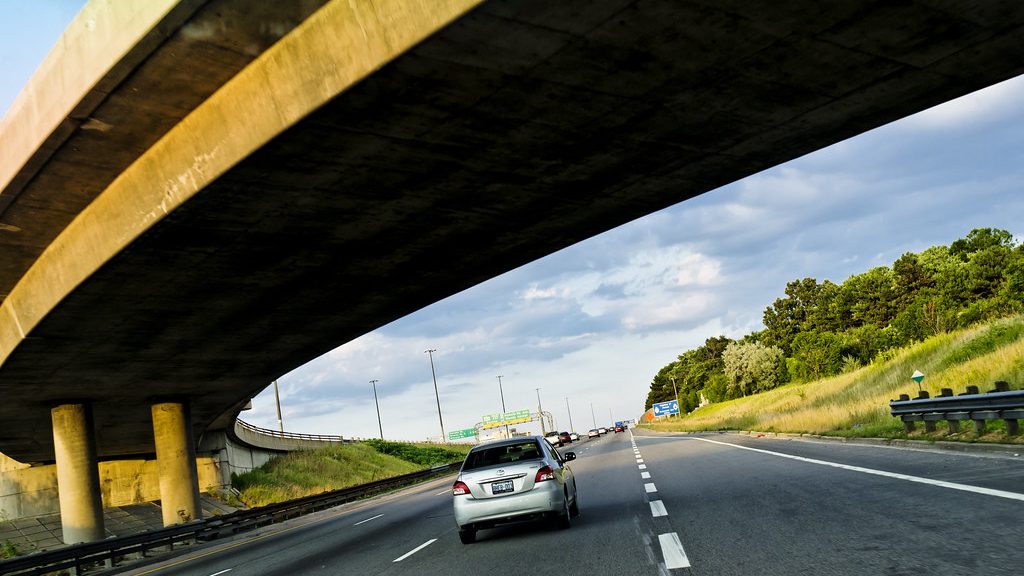10th Circuit: Kansas can’t block voters from casting ballots
Posted Jun 10, 2016 07:51:11 PM.
Last Updated Jun 10, 2016 09:00:09 PM.
This article is more than 5 years old.
WICHITA, Kan. – Kansas cannot prevent thousands of eligible voters from casting ballots in the November federal election because they didn’t prove they were U.S. citizens when registering to vote at motor vehicle offices, a federal appeals court ruled Friday.
The 10th U.S. Circuit Court of Appeals ruling temporarily upholds a court order that required Kansas to allow those individuals to vote in federal elections even though they didn’t provide citizenship documentation when applying or renewing their driver’s licenses, as required under Kansas law. The state has said as many as 50,000 people could be affected.
The appeals court judges said Kansas had not made the necessary showing for a stay pending appeal, but agreed to hear the appeal quickly.
The initial court order was made last month by U.S. District Judge Julie Robinson, who said enforcement of Kansas’ proof-of-citizenship law has disenfranchised more than 18,000 otherwise eligible voters. That amounts to about 8 per cent of all voter registration applications, “not an insignificant amount,” she wrote in her ruling.
Robinson ordered the state to comply with her ruling by Tuesday.
The decision means that Robinson’s preliminary injunction will go into effect, and that means “tens of thousands of citizens who have had their voting rights denied would be put on the voter rolls,” said Micah Kubic, executive director of the American Civil Liberties Union of Kansas. “In any other state they would be on the voter rolls.”
Kansas Secretary of State Kris Kobach did not immediately return messages left on his cellphone and in emails seeking comment on the ruling.
The state had asked the 10th Circuit to block her ruling, arguing that Robinson’s injunction would cause a “heavy administrative burden.” The state estimated that in addition to the people whose registrations had already been cancelled or suspended under the law, the order would affect anyone who registers to vote at motor vehicle offices before the November elections. The state estimated that could total 50,000 motor voter applicants.
Kobach has championed laws across the nation requiring voter ID to cast a ballot and proof of citizenship to register to vote. The Republican argued that Robinson’s ruling would cause widespread confusion and force an overhaul of Kansas’ voter-registration process just months before a presidential election.
He also argued that her ruling would “cause an earthquake upsetting the administration of elections across the country.” But of the four states that have such a law, Kansas is the only one that fully enforces it.
The rulings stem from a lawsuit filed by the American Civil Liberties Union on behalf of voters. The organization argues that Kansas is an outlier and that blocking the law would bring the state’s registration practices “in line with federal law and prevailing practices in virtually every other state.”
The ACLU notes that Alabama, Arizona and Georgia also have documentary proof of citizenship laws to register to vote, but that Alabama and Georgia don’t enforce them. Arizona enforces its law for some registrants but doesn’t require applicants registering to vote at motor vehicle offices to submit any additional information beyond what is needed to get a driver’s license.
Kansas, which has more than 1.7 million registered voters, has required since January 2013 that new voter applicants provide a birth certificate, naturalization papers, passport or other proof of U.S. citizenship to register to vote.
In her ruling, Robinson said Kansas’ law likely violates the National Voter Registration Act, a federal law that requires only “minimal information” to determine a voter’s eligibility for federal elections. The law — commonly known as the “motor-voter law” — was designed to make it easier for people to register to vote for federal elections when they get their driver’s licenses.
About 44 per cent of Kansas voters registered at motor vehicle offices in the past 10 years, court documents show. The ACLU’s lawsuit only deals with voter registrations at motor vehicle offices.
The proof-of citizenship requirement has mostly affected Kansas’ younger citizens. Although those between the ages of 18 and 29 comprise only 14.9 per cent of registered Kansas voters, that age group makes up more than 58 per cent of motor-voter applicants whose registrations have been cancelled or suspended.
Robinson noted evidence in the case shows only three instances in Kansas where noncitizens voted in a federal election between 1995 and 2013, and about 14 noncitizens attempted to register during that time.










